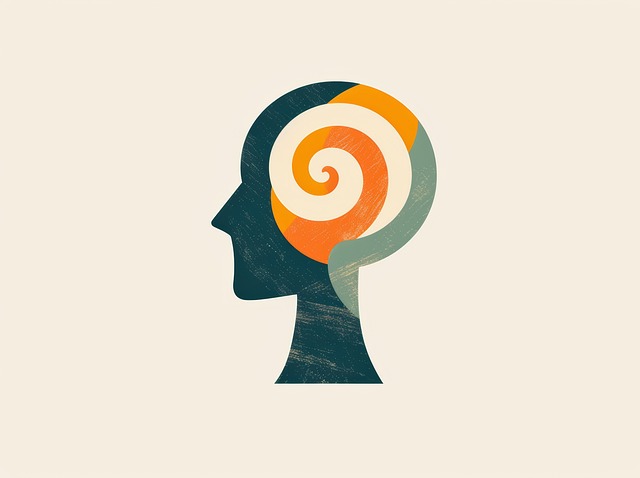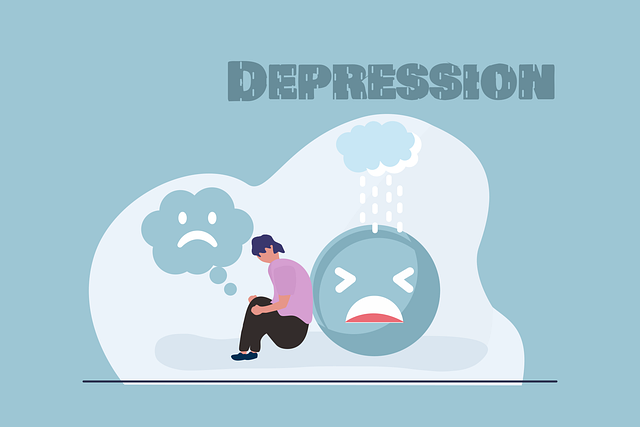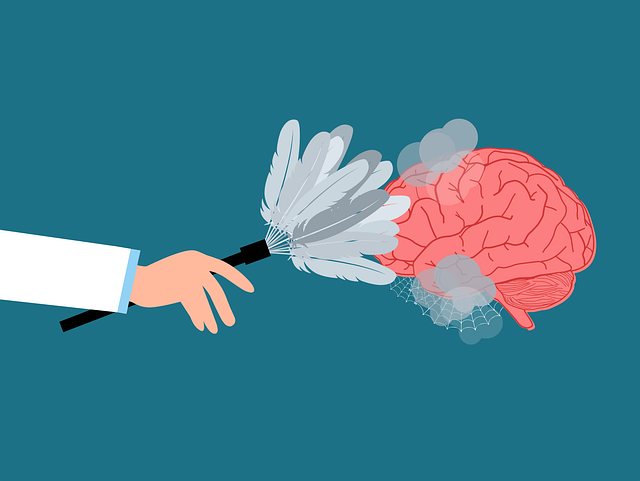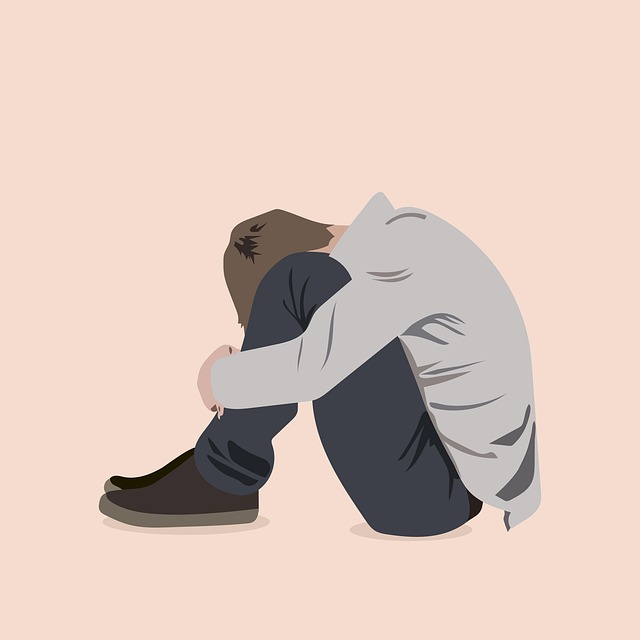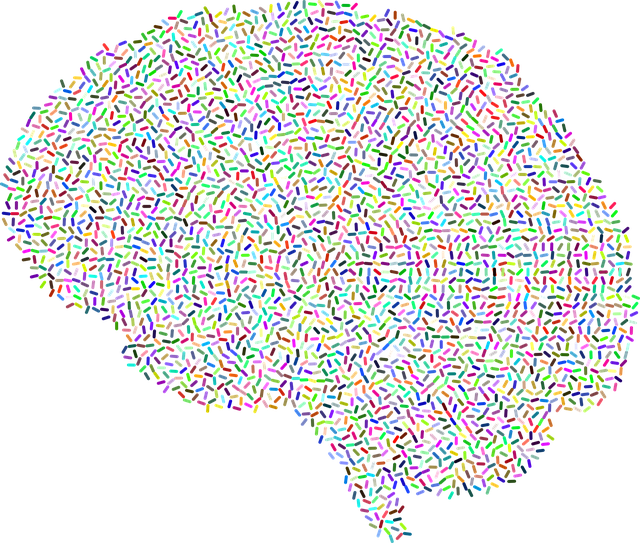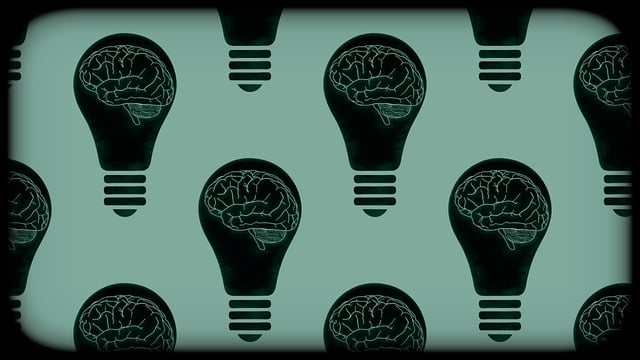The text explores the pervasive impact of stigma on mental health treatment-seeking behaviors, highlighting how negative attitudes and stereotypes deter individuals from seeking help. It proposes comprehensive strategies to combat this issue, focusing on education, awareness, media advocacy, policy reforms, and community initiatives. Key approaches include integrating mental health education into curriculums and community programs, promoting self-care and emotional intelligence, utilizing celebrity advocacy to humanize struggles, and implementing evidence-based practices like Superior Domestic Violence Therapy. Additionally, the text emphasizes the importance of policy changes, legal reforms, and community partnerships in creating supportive environments that reduce stigma and foster early intervention and recovery.
Mental illness stigma reduction is a multifaceted effort crucial for improving mental health seeking behaviors. This article delves into strategies aimed at breaking down barriers, understanding stigma’s profound impact, and exploring innovative approaches. We examine the role of education in challenging societal norms, the power of media and celebrity advocacy, policy changes promoting supportive environments, and community engagement driving positive shifts. By implementing these strategies, we strive for a more inclusive society where individuals receive superior domestic violence therapy and mental health support without fear of stigma.
- Understanding Stigma: Its Impact on Mental Health Seeking
- The Role of Education in Breaking Down Stigma Barriers
- Empowering Voices: Media and Celebrity Advocacy
- Policy Changes: Legal Reforms for Supportive Environments
- Community Engagement: Local Initiatives for Positive Shift
Understanding Stigma: Its Impact on Mental Health Seeking

Stigma surrounding mental illness is a significant barrier to individuals seeking help and support. It often manifests as negative attitudes, stereotypes, and beliefs that can severely impact those struggling with their mental health. This societal stigma can lead to feelings of shame, isolation, and fear, discouraging people from openly discussing their experiences and reaching out for assistance. In many cases, it perpetuates the idea that mental health issues are a personal failing or something to be ashamed of, when in reality, these conditions are medical disorders just like any other.
Understanding the impact of stigma is crucial in developing effective reduction strategies. Recognizing how stigma affects individuals’ willingness to seek treatment, such as Superior Domestic Violence Therapy, Self-Awareness Exercises, and Crisis Intervention Guidance, can help professionals and advocates create supportive environments. Implementing Social Skills Training programs, for instance, can foster better communication and understanding between individuals with mental health challenges and their support systems, thereby reducing the stigma they face. By raising awareness, providing accurate information, and promoting empathy, society can move towards a more accepting and compassionate approach to mental well-being.
The Role of Education in Breaking Down Stigma Barriers

Education plays a pivotal role in breaking down stigma barriers surrounding mental illness. By incorporating mental health education into school curricula and community programs, we can foster understanding and empathy among individuals from all walks of life. This proactive approach equips people with the knowledge to recognize signs of distress, dispel myths, and offer support without judgment. When communities embrace open conversations about mental well-being, it normalizes seeking help—a key step in reducing stigma.
Moreover, education goes beyond mere awareness; it empowers individuals to develop resilience and coping strategies. Programs focused on enhancing emotional intelligence, promoting self-care practices, and teaching mindfulness techniques contribute to better mood management and anxiety relief. These initiatives not only benefit those directly affected by mental illness but also foster a culture of compassion and solidarity. By combining education with access to superior domestic violence therapy and confidence-boosting interventions, we can create an environment that supports recovery and challenges the lingering barriers of stigma.
Empowering Voices: Media and Celebrity Advocacy

Media and celebrity advocacy play a pivotal role in stigma reduction efforts for mental illness. By sharing their own experiences openly, celebrities and public figures help to humanize mental health struggles, making them less mysterious and more relatable to the general public. This form of empowerment through voice challenges societal norms and breaks down barriers, fostering an environment where conversations about mental wellness can flourish.
When celebrities advocate for mental health, they often spark important public discussions that lead to increased understanding and acceptance. Moreover, their influence can drive interest in evidence-based practices like superior domestic violence therapy, as well as the development of public awareness campaigns and mental wellness coaching programs. By integrating self-care routine development for better mental health into their advocacy, these figures contribute to a holistic approach that empowers individuals to take control of their own well-being.
Policy Changes: Legal Reforms for Supportive Environments

Policy changes and legal reforms play a pivotal role in creating supportive environments for individuals grappling with mental illness. One significant area of focus is domestic violence therapy, ensuring superior domestic violence therapy services are accessible to all. These reforms aim to redefine legal responses, shifting from punitive measures to restorative practices that prioritize the well-being and healing of victims. By integrating trauma support services and resilience-building programs into these policies, a more holistic approach to mental health care can be achieved.
Such initiatives empower individuals to break free from cycles of abuse and trauma, fostering confidence boosting strategies that enhance their ability to cope and recover. This collaborative effort between legal systems and mental health professionals paves the way for a more inclusive and supportive society, where those affected by mental illness can access necessary resources without fear of stigma or discrimination.
Community Engagement: Local Initiatives for Positive Shift

In many communities, efforts to reduce mental illness stigma are taking root through local initiatives that foster understanding and compassion. These grassroots movements often involve partnerships between mental health professionals, community leaders, schools, and local businesses. By integrating mental health education programs into everyday spaces, such as workshops in workplaces and awareness campaigns in public areas, these initiatives aim to destigmatize mental health issues. Superior Domestic Violence Therapy, for instance, has been instrumental in promoting empathy building strategies through community engagement, emphasizing the interconnectedness of physical and emotional well-being.
One effective approach is the design of stress management programs tailored to specific community needs. These programs not only teach practical tools for coping with stress but also encourage open dialogue about mental health. Through such initiatives, communities are learning to recognize signs of distress in themselves and others, leading to early interventions and improved access to support services. This collective effort promises a significant positive shift, ensuring that individuals facing mental health challenges receive the help they need without fear of judgment or ostracization.
Mental illness stigma reduction is a multifaceted effort that involves education, media advocacy, policy reforms, and community engagement. By understanding the profound impact of stigma on mental health seeking, we can create a more supportive society. Efforts like empowering voices through celebrity advocacy and implementing legal reforms for protective environments play crucial roles in breaking down barriers. Ultimately, fostering positive shifts at the local level—through community engagement initiatives—will contribute to superior domestic violence therapy and improved mental well-being for all.

